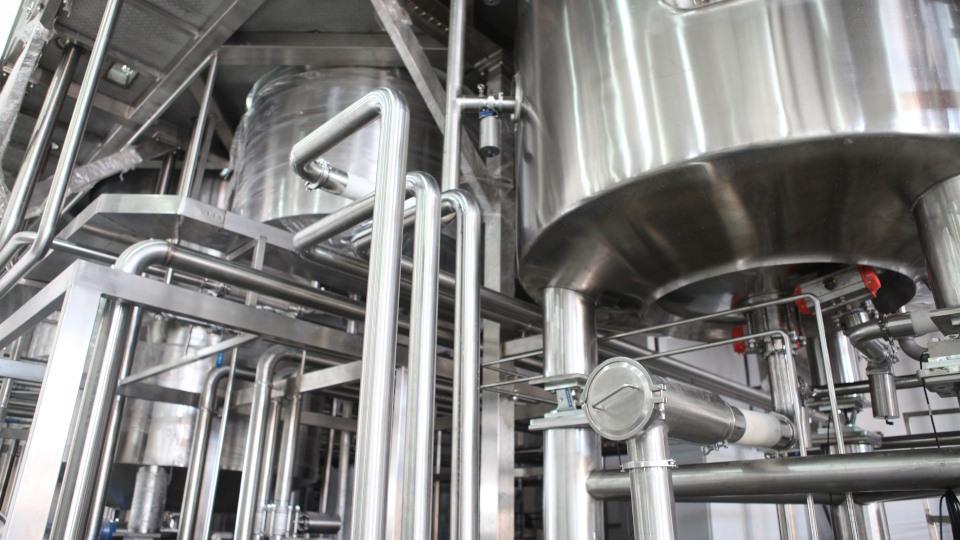UK project addresses capacity issue in CGT manufacturing

Cellular Origin's Constellation robotic system for cell and gene therapy manufacturing.
A UK consortium has been set up to tackle a major issue in the development of cell and gene therapies (CGT) – a lack of manufacturing capacity in the sector.
The alliance brings together Cellular Origins, a company focusing on applying robotics and other forms of automation to CGT production, with the UK's Cell and Gene Therapy Catapult (CGT Catapult) and Resolution Therapeutics, which is developing cell-based therapies for inflammatory and fibrotic diseases.
The objective is to use technology to come up with a "hyper-efficient, fully automated, scalable cell therapy manufacturing platform" that can help address the current shortfall in capacity, with Cellular Origins suggesting that the CGT industry is currently only capable of producing less than 7% of therapies for eligible patients globally.
There have already been well over a hundred CGTs approved worldwide, but with thousands more coming through the industry pipeline, there are real concerns about capacity, with BioPlan Associates estimating in 2023 that biomanufacturing will be a brake on CGT development in the next five years, in part due to a lack of trained workers.
Automation could be a way to help widen that bottleneck, and the three UK partners have kicked off their pilot project – estimated to last 20 months – with the help of a £1 million ($1.35 million) grant from the UK's innovation agency Innovate UK.
They said they will apply their expertise in robotic and digital technologies, manufacturing processes, operations and facilities management, therapy development, novel product processes, and patient delivery to the project. Also involved in the project are ScaleReady with its bioreactor technology and software specialist Autolomous.
Resolution's involvement will be to ensure that the automated systems are viable for use in the development and commercialisation of novel cell therapies like its macrophage therapy for end-stage liver disease, which has reached phase 2 development.
"Despite the incredible therapeutic performance of cell therapies, therapy development has greatly outpaced the ability for these treatments to be manufactured in sufficient quantities to reach all eligible patients," said Cellular Origins' chief executive, Edwin Stone.
"Manual manufacturing has only been able to be scaled up to deliver a few thousand patient doses per year," he added. "To deliver therapies to the patients that need them requires fully automated manufacturing of the type that has revolutionised other high-tech manufacturing."
Cellular Origins has already completed pre-activity for the project by installing the first Constellation robotic manufacturing system at the CGT Catapult's Digital and Automation Testbeds in Stevenage, UK.












